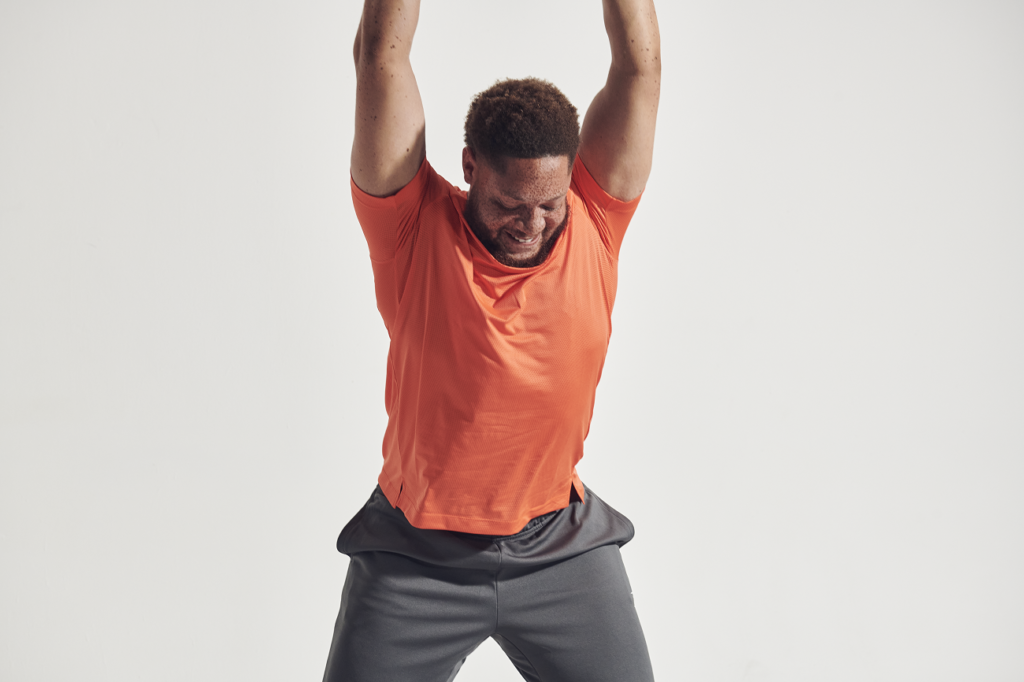Being a security guard requires you to be physically fit. You are likely to be on your feet all day, often patrolling, and you need a good endurance level. The job requires you to react at a moment’s notice and be agile. To help you stay in peak shape, incorporating a fitness routine is important so that you can perform your job to the best of your ability. This guide gives you hints and tips about effective routines that you incorporate easily into your weekly routine. Thus improving your mental and physical health.

1. The Significance of Physical Fitness for Security Professionals:
There are so many benefits to maintaining a regular fitness routine. When you regularly exercise, you will not just improve your work performance. You will also find that not only your physical health improves but also your mental health. This will give you a better ability to focus and stay alert, as well as the obvious. And you’ll be able to deal with the physical demands of your job. Not only will you improve your job performance and career prospects. But you’ll also benefit from reduced risk of coronary disease, cancer and a number of stress-boosting results.
2. Tailoring Workout Routines to Security Professionals:
Fitting in a workout routine can be tricky when facing a busy work schedule. Here are a few hints and tips to help you manage your time, and fit in your workout.
- Consider joining a 24-hour gym; this is an excellent idea if you are fitting around night shifts. You’ll also find the gyms are quieter at off-peak times. And you’ll get your pick of the machines and weights, which might be in use or have time limits on them during busier periods.
- If you know what your work schedules are in advance, you can better schedule your workout time. Plan when you intend to work out and make yourself a personal promise to try and stick to your routine.
- Organise an exercise routine with movements that are similar to the actions that you do in your role at work.
- When you are at work, there are often plenty of opportunities to do some form of exercise. You can take hand weights into work and work out if you are sitting at a desk or on a break. You can also do stretching exercises or take a walk while you are either working or during your lunchtime.
3. Strength Training for Security Professionals:
Strength training is an essential aspect for security guards. It can help you minimise injuries and allow you to carry out physical aspects of your role. Consider adopting these exercises into your fitness routine:
- Compound exercises allow you to target specific muscle groups. Compound exercises include bench presses, squats, overhead presses, deadlifts, lunges, and rows.
- Exercises that use your own body as resistance are also a great way to improve your strength. These exercises include pull-ups, dips and push-ups.
- If you need advice, grab the gym professional who can ensure that you are carrying out these exercises effectively. And without damaging yourself while using the correct breathing techniques.
4. Cardiovascular and Endurance Exercises:
Don’t forget to also concentrate on your cardio work. It will allow you to stay energised at work and improve your endurance. You’ll also be the quickest off the mark if you need to chase someone or react quickly to an emergency.
- Cardio activities that will boost your fitness and keep you at a healthy weight include swimming, jogging and rowing. Consider cycling to work and back as you’ll be saving money, the environment, and you’ll also get an excellent workout while maximising your time.
- HIIT, or high-intensity interval training, is an excellent way to boost the cardiovascular system. It involves quick bursts of activities such as sprinting followed by a short rest period.
- As you progress, up the intensity, so turn the treadmill up to a faster speed or increase the distance you run.
5. Flexibility and Mobility Training:
When you are working out, it’s a common mistake not to warm up or warm down. Some people consider it to be a waste of time and prefer to get in their cardio and weights regime. However, if you fail to stretch correctly before you exercise, you are at risk of injuries, and you also reduce your recovery rate.
- Yoga and pilates are not just for girls. It’s a great way to improve your balance and flexibility.
- If you need to get help from the personal trainer at the gym, do so. Always ensure you are warming up and stretching effectively for the specific activities you are doing.
- Pay attention to all areas of your body and muscle groups. This includes your ankles, knees, hips, spines, shoulders, ankles, neck, arms and legs.
6. Training Frequency and Recovery:
It’s a common mistake to overdo things, as getting in shape can be addictive for some people. But you need time for your muscles to rest and repair, or once again, you risk injuries, which could mean taking time off work.
- A gym routine should be teamed with regular rest periods, hydration and a healthy diet.
- Most people find that two or three weekly training sessions are a good balance. Working out every day will not allow your muscles to recover. And this is why many top athletes have recurring injuries and require surgeries at a very young age.
Incorporating a fitness routine will empower you to be the best you can be and reach your own personal potential. Don’t compete against others, just push yourself to sensible limits, and you will reap the rewards. Exercising is well known to boost your physical and mental health. It allows us to reduce stress, deal with life’s difficulties and can ward off illness and several diseases. Being in tip-top shape will allow you to excel in your role as a security professional and be a great role model to other colleagues, family and friends.


Leave a Reply